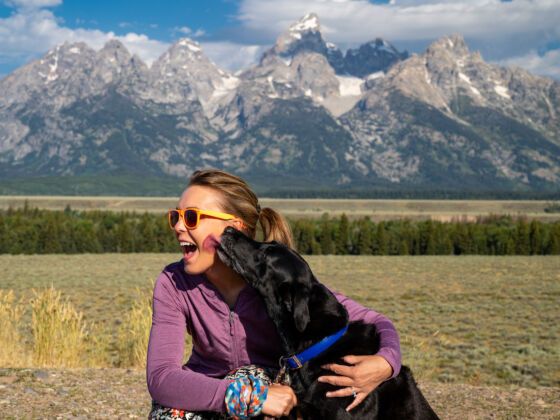The animal shelter was crowded with people huddled around the kennels holding kittens. Teenage girls oohed and aahed as they held the tiny lumps of fur in their hands. Mothers gently placed kittens in their childrens’ arms, showing them how to properly hold the critters.
And then there was Toby. Full grown and more than a year old, he lay by himself on a cat climber in the corner of the room, lazily licking his paw. This scene was nothing new to him, especially considering he’d been living at the shelter for nearly a year.
When my husband walked into the room, a young girl had been petting Toby.
“How about this one?” she asked her mother.
“We don’t want a broken cat,” her mother replied.
That had been the story of Toby’s life since arriving at the shelter. No one showed any interest in the cat with one eye, half an ear and half a tail. So we did the only logical thing: We adopted Toby.
